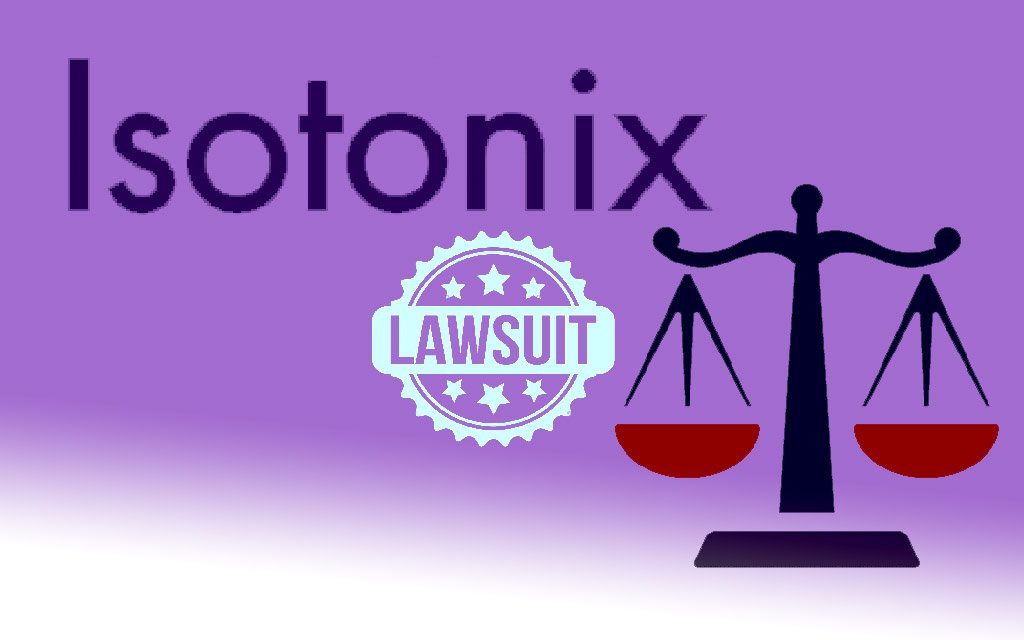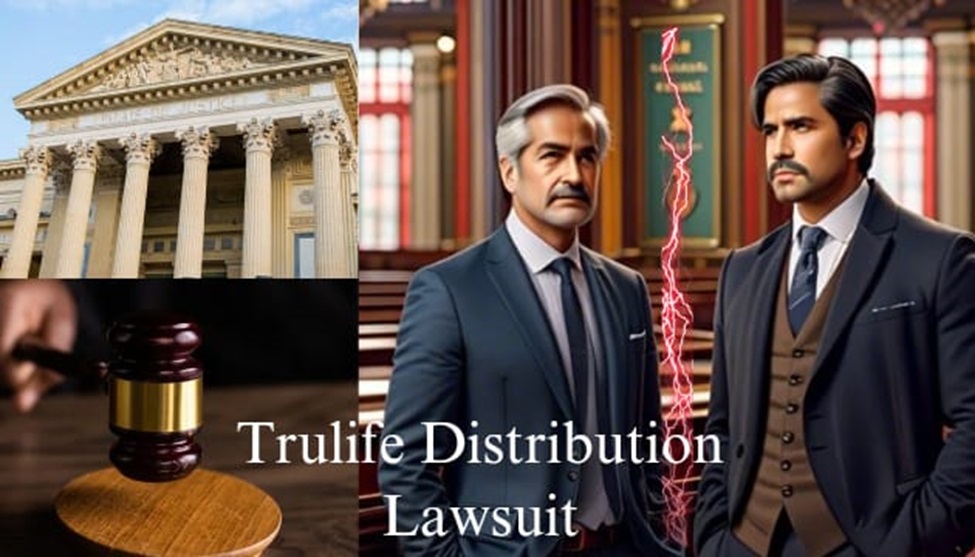White Oak Global Advisors is a valued investment management firm that provides private credit and direct lending services. The firm has been the subject of much debate following recent legal troubles. Investors and industry experts are closely following the White Oak Global Advisors case. The case questions financial integrity, adherence to regulations, and protection of investors.
Background of the Lawsuit
White Oak Global Advisors’ legal difficulties arise from charges of poor financial management and failure to meet fiduciary obligations. Some investors accuse the company of engaging in unethical business activities that caused significant financial losses. Regulators have also expressed interest, prompting additional inquiries into White Oak’s adherence to financial regulatory obligations. The lawsuit could impact the company and the entire investment management sector.
White Oak Global Advisors Leadership and Key Players
White Oak Global Advisors was founded to offer alternative lending options to businesses. The firm’s leadership team consists of seasoned financial specialists with extensive industry experience.
CEO Andre Hakkak leads White Oak’s investment strategy and company choices. Chris Kwon, White Oak’s co-founder and Managing Partner, also serves on the company’s management team and has experience structuring financial deals.
The company also has senior directors and investment advisors who assist in its expansion and client management. Learning about these leaders helps understand the choices that may have contributed to the company’s recent legal troubles.
Allegations Against White Oak Global Advisors
The White Oak Global Advisors case has rocked the financial world, raising eyebrows among stakeholders. The company has been accused of unethical business by investors. Law experts argue that the case has the potential to revolutionize the way investment companies conduct business.
Read also: Smoothstack Lawsuit: The Shocking Truth Behind Tech Training Contracts
Allegations of Misrepresentation of Investment Risks
Plaintiffs argue that White Oak has misrepresented the risks associated with its investment strategy. Investors complained that the corporation made them believe their funds were safe in safer portfolios. However, evidence suggests some investments had much higher risks than indicated.
Transparent financial reporting is important for investor trust. Investors may suffer unexpected losses if companies do not give accurate risk information. Courts will decide whether White Oak misled investors about investment safety.
Breach of Fiduciary Duty
Investment businesses must act in the best interests of their clients. The lawsuit accuses White Oak of failing to do so. The plaintiffs say that the firm prioritized its profits over the safety of its stockholders.
A breach of fiduciary obligation might result in serious legal consequences. If convicted, White Oak may face financial penalties and greater regulatory scrutiny. The case may bring in stricter regulations for the investment sector.
Regulatory Compliance Violations
Some of the allegations suggest White Oak did not adhere to financial regulations. Plaintiffs accuse the company of using improper lending practices and not disclosing critical information to investors. Regulators are investigating whether White Oak broke any laws.
Compliance with financial regulations is important to ensure a fair market. A ruling against White Oak could lead to increased regulations for private credit companies. Industry experts are following the outcome of this case closely.
White Oak Global Advisors’ Response to Allegations
The company denies all allegations and states that its business practices are transparent and in line with the law. White Oak states that it complies with all regulations and values investor protection.
Protecting Investment Practices
White Oak claims that all risk issues were disclosed to clients. The company claims that investors had all the information before they invested. Representatives claim that market variations, not misinformation, led to financial losses.
Investment firms normally employ risk disclosures to shield themselves from judicial liability. Courts will examine whether White Oak’s disclosures were sufficient and transparent. A favorable ruling would validate the firm’s integrity.
Satisfying Fiduciary Duty Requirements
The firm claims that it has always acted in the best interest of its clients. White Oak claims it practices the best industry practices in handling investor funds. The company hopes that court hearings will validate its moral business practices.
The trust of investors is crucial to financial firms. If White Oak defends its actions effectively, it may regain confidence among current clients. Nevertheless, the lawsuit might still damage the firm’s reputation and future business opportunities.
Ensuring Regulatory Compliance
White Oak claims that it complies with all regulatory requirements. The company claims its lending and investing activities adhere to the industry. Despite the allegations, White Oak claims it complies with the law comprehensively.
Regulatory investigations will ascertain whether there was a breach of any rules. If White Oak is acquitted, it may further enhance its reputation as a leading investment firm. Nevertheless, any regulator-imposed penalty might compel it to transform its operations.
Investor Response and Market Impact
The lawsuit has shaken up investors and financial analysts. Many are rethinking their faith in private credit firms. If the allegations are genuine, this case may result in significant changes in the industry.
Increased Investor Caution
Investors are becoming more prudent in selecting investment companies. Transparency and accountability are now at the forefront. Some investors are spreading their portfolios to prevent risks from private credit companies.
Financial institutions will have to address investor concerns to prevent losing trust. Increased disclosures and stricter regulatory control may become new standards. White Oak’s case can serve as a lesson to investment companies worldwide.
Regulatory Reforms in the Private Credit Sector
The lawsuit can prompt regulators to introduce stricter compliance procedures. Authorities can introduce stricter regulations on investment disclosures and lending processes. White Oak’s case can result in industry-wide regulatory reforms.
Increased regulation can protect investors from fraudulent financial practices. Some companies, however, can face business challenges in adapting to new rules. The balance between regulation and market growth will remain an issue.
Legal Implications for the Investment Industry
The outcome of this lawsuit can set a significant precedent. If courts hold White Oak accountable, other investment companies can be taken to court. The case can redefine best practices in investment management.
Stricter Oversight on Investment Firms
Regulatory bodies may exercise stricter scrutiny on private credit companies. Financial institutions can expect more frequent audits and compliance checks. Stricter oversight is intended to protect investors and ensure market stability.
Companies need to enhance their compliance programs to avoid litigation. Proactive measures can prevent lawsuits and build investor trust.
Increased Accountability for Financial Advisors
Financial advisors will have greater responsibilities in reporting investment risks. Investors will demand greater disclosure before investing. The case against White Oak can result in new accounting standards in financial advising.
Advisors will need to emphasize truthful communication to maintain credibility. Trust is a fundamental pillar in investment management.
How Investors Can Protect Themselves
Investors must take steps to safeguard their money. Familiarity with key aspects of investment plans can prevent losses.
Reading Investment Agreements Closely
Investors must read investment agreements carefully before making investments. Professionals recommend seeking the advice of independent financial advisors. Early detection of possible risks can prevent money losses.
Research Plays a Key Role
Research is extremely crucial while making financial choices. Researching companies and investment plans makes financial decisions sound.
Verifying Compliance with Regulations
Investors must verify that investment companies are abiding by the rules set forth by regulators. Checking firm registrations and previous legal troubles can provide valuable information. Regulators generally publish information regarding financial institutions.
A well-regulated company reduces the risk of financial scams. Investors must take verification seriously before investing.
Conclusion
The White Oak Global Advisors case has uncovered serious problems in finance. Misrepresentation, fiduciary violations, and rule violations charges have raised concerns. The case verdict can influence future industry regulations and investor trust.
Regulatory authorities may introduce stricter compliance rules. Investment companies must be transparent to gain trust. Investors must exercise caution and perform extensive research before making financial decisions.
White Oak’s court case is a cautionary tale for the investment industry. Companies must practice ethical business for long-term success. The financial industry will be monitoring this case closely as it unfolds.


